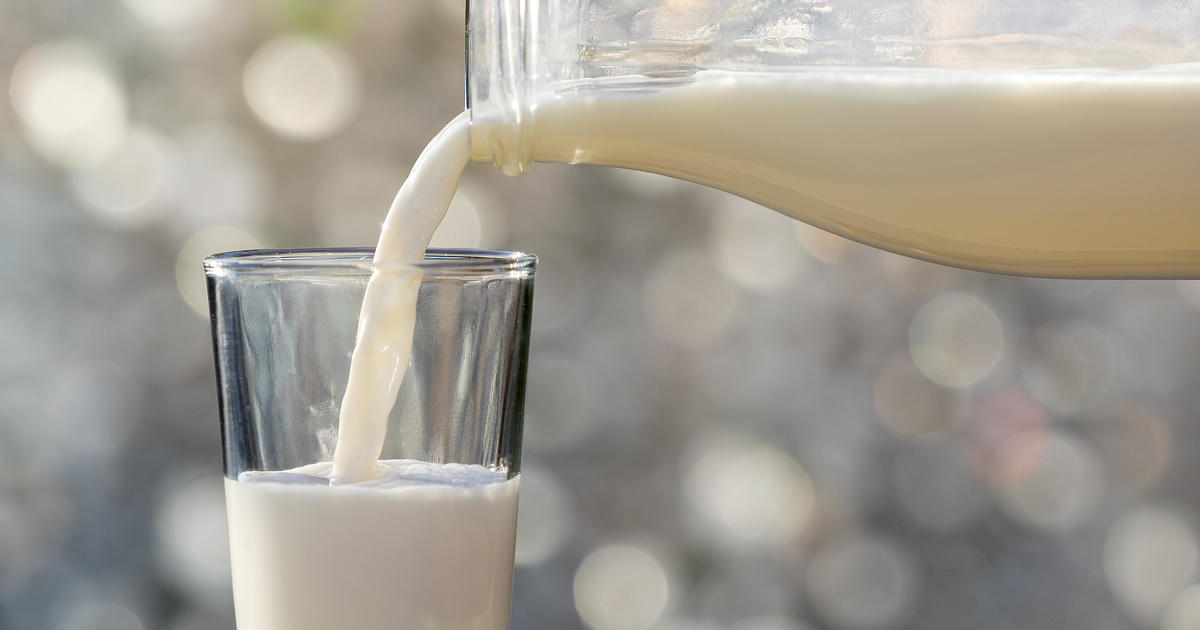
Pasteurization working to kill bird flu in milk, early FDA results find

Preliminary results of tests run by the Food and Drug Administration show that pasteurization is working to kill off bird flu in milk, the agency said Friday.
“This additional testing did not detect any live, infectious virus. These results reaffirm our assessment that the commercial milk supply is safe,” the FDA said in a statement.
The FDA’s findings come after the agency disclosed that around 1 in 5 samples of retail milk it had surveyed from around the country had tested positive for highly pathogenic avian influenza, or HPAI H5N1. The U.S. Department of Agriculture this week also ordered testing requirements on cows in response to the outbreak, which has affected growing numbers of poultry and dairy cows.
has said, although it remains unclear whether the department has surveyed retail beef products for the virus.
So far, only one human infection has been reported this year, in a person who had contact with dairy cattle in Texas.
Doctor on bird flu: “So far, no real risk to the human population”
03:32
Though growing evidence is now confirming the safety of pasteurized milk, an additional challenge also remains for health authorities as they grapple with the possibility that dairy industry workers could be unknowingly exposed to the virus.
Unlike poultry, which quickly die off or are culled after H5N1 infections, cows largely go on to recover after a month or two.
Other animals have also not fared as well during the outbreak: the USDA said Friday that deaths and neurological disease had been “widely reported” in cats around dairy farms. Officials have said they suspect cats had been drinking leftover raw milk from infected cows.
“We know that the illness in cattle can go on for several weeks. So that puts workers at an ongoing risk. And thus, the period for monitoring will be longer,” the Centers for Disease Control and Prevention’s Sonja Olsen told reporters this week.
Alexander Tin
Source: cbsnews.com